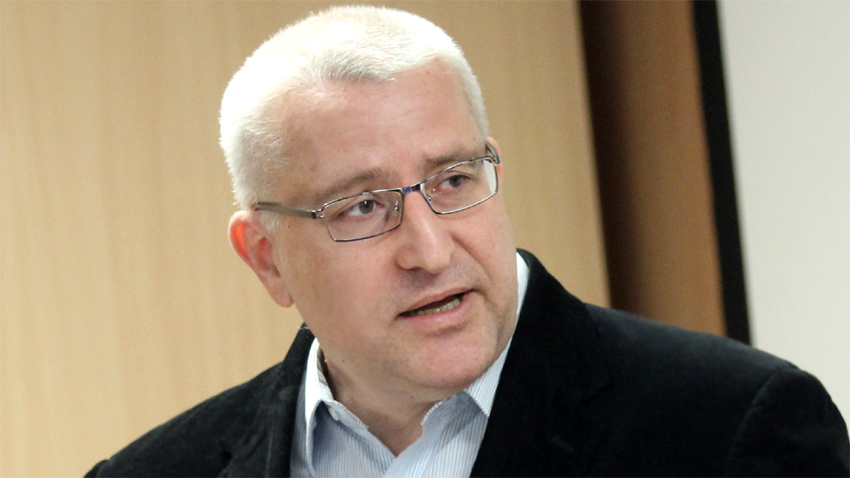The European Commission is to present the first annual reports under the rule of law mechanism on each EU member state today after the meeting of the College of Commissioners, the correspondent of BNR in Brussels Angelina Piskova announced, quoting European Commission Deputy Chief Spokesperson Dana Spinant.
The document reads that threats against journalists are particularly worrying in Bulgaria, Croatia, Hungary, Slovenia and Spain, Politico announces. The document also notes that the independence of judiciary in Hungary and Poland has been put at risk.
“These reports can become a key tool in the democratic process in each member state”, Associate Professor Svetoslav Malinov, head of Political Science Department at Sofia University St. Kliment Ohridski and former MEP from the group of the European Peoples’ Party, commented for BNR.

“Bulgaria looks like a student who has failed an exam for ten consecutive years. In the course of twelve years, Bulgaria received critical reports, less critical reports and even slightly positive reports, which however criticized us over corruption, rule of law and lack of reforms in the judicial system. And then a new mechanism was introduced.”
The new report will contain what is included in the report of the monitoring mechanism, but all who expect these reports hope that they will be much more comprehensive, Svetoslav Malinov pointed out.
“We are expecting more details on the judicial system, prosecution, media, the way Bulgaria’s democracy functions, the dangers, the coalescence between politicians and media, media and oligarchs. In a sense, the scope of criticism has been expanded.”
The first reports are awaited with great attention and concern, because this must be a new protection of EU funds against corruption.
“It all started with the feeling of a large number of European citizens, especially from the donor countries, that their money is wasted by governments which do not respect the European values. Without European values, there must be no European money”, Svetoslav Malinov added.
In his words, Bulgaria and Romania have contributed to the failure of the European control mechanism having “demonstrated” that the EU does not have a mechanism to make a member state carry out radical reforms for the benefit of its citizens. Unfortunately, it took 12 whole years to see that a country like Bulgaria cannot carry out such reforms, Associate Professor Svetoslav Malinov went on to say.
The report will not be disappointing for those who are critical of the government, Svetoslav Malinov forecasted.
Compiled by: Elena Karkalanova
English version: Kostadin Atanasov
The new plenary session of the 51 st National Assembly began with declarations about the priorities of the political parties. For GERB-SDS, the main task is the formation of a regular government and a stable ruling majority, MP Toma Bikov said. He..
GERB-SDS terminates the negotiations for the formation of a regular government due to the refusal of Democratic Bulgaria to support a GERB candidate for prime minister, said GERB. ''No agreement was reached with Democratic Bulgaria on the..
The Movement for Rights and Freedoms (DPS) celebrates its 35th anniversary today. The two wings of the movement - DPS-New Beginning, led by Delyan Peevski, and Ahmed Dogan's Alliance for Rights and Freedoms (ARF) - are marking the event separately. The..

+359 2 9336 661
